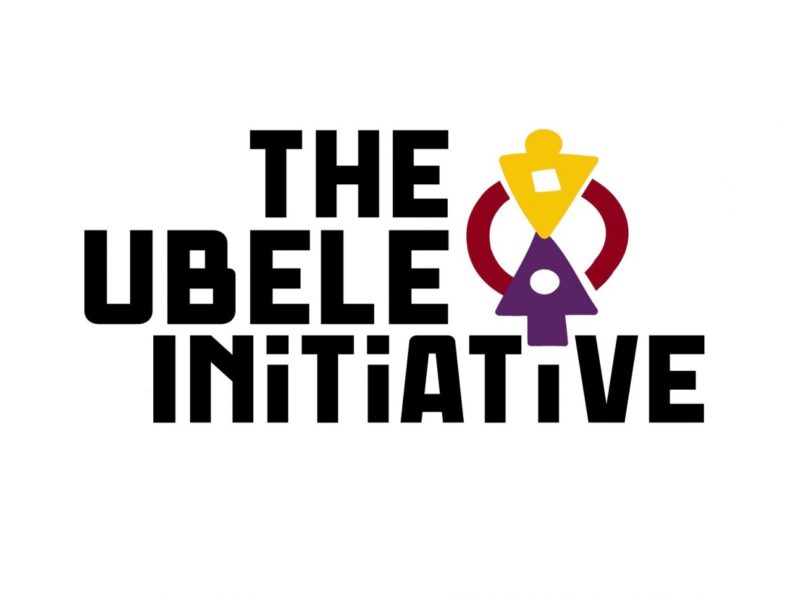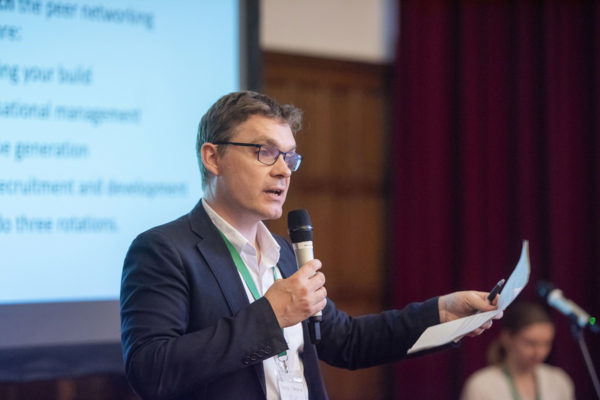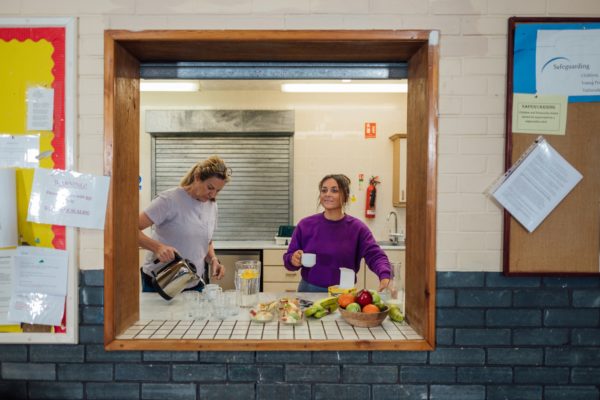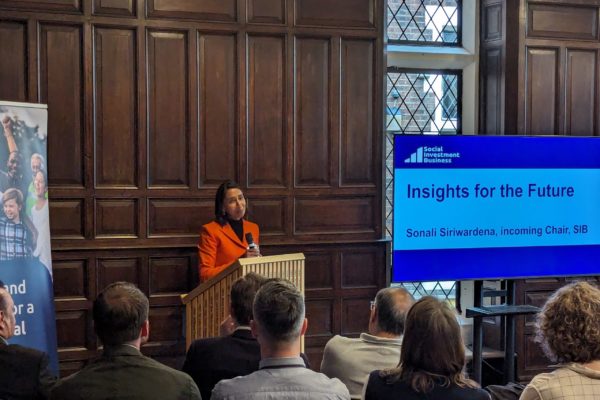14 November 2022
Increasing Inclusivity and Accessibility in Social Investment with Phil Tulba from The Ubele Initiative
What has changed in the social investment sector to increase inclusivity?
I lead the hub for Community Wealth Building, which is based on the idea of how we can generate wealth within our communities and keep that wealth within our communities. So, what are the structures doing that, and the different ways of getting money to local economies? This builds on the idea of community economic development and the concept of ‘the leaky bucket effect’ from the New Economics Foundation’s work and the role of community enterprise and the community assets in that.
Community wealth building is partly about businesses from racially minoritised communities trading with each other, maximising inflows of investment and of funding from outside into those businesses and into community structures and other forms of social infrastructure. It is about whole systems change approach because we have systemic inequalities that have been in existence for a very long time.
These are the challenges that we’re trying to work with, trying to address them on a hyperlocal basis; at a neighbourhood or district level which is the key to our work around assets and enterprise.
As practitioners working in this space for decades, we are aware that our communities and – I’m talking about racially minoritised communities – have been significantly underserved by grant funding historically for lots of reasons, which thankfully, some funders are becoming increasingly aware of. Moreover, we’ve also had these big epoch shifts in recent years:
The pandemic highlighted the systemic inequality in our communities around housing and health care and those in precarious work; there were communities that were disproportionately impacted by the pandemic. The Black Lives Matter Movement following the murder of George Floyd led to a reckoning that’s happened with funders, foundations, and public institutions. They all began to think about the history of their organisations and how accessible they have been to racially minoritised communities.
“Funders began thinking, ‘what can we do to be more restorative and reparative in our funding?’ and it does feel that this is more than just lip service.”
As well as this, assets owned or managed by African and Caribbean Communities – and the areas they live in – have been subject to underinvestment for decades and there is now a question about what we can do to ensure these heritage, community, and cultural assets remain in the hands of the community. What I’m painting is a picture of a culmination of several things that have come together over the last decade.
As a result of these things, lots of inquiries came to Ubele. Funders and organisations come to us to engage with so-called ‘hard-to-reach communities’. Of course, hard to reach from whose perspective? However, we are a support organisation, so participating in steering groups and roundtables and other activities drains our resources as we have a small core team. This lack of awareness or understanding of the resources needed to do this work has been a problem with some intermediaries, funders and support bodies.
What motivated you to want to support the delivery of the Flexible Finance Product?
I think it is worth reflecting on our vision of being an African and Caribbean diaspora-led organisation. The core is around empowerment and working with black and racially minoritised communities in the UK with a focus on acting as catalysts for social and economic change. So that’s really at the heart of what Flexible Finance is trying to do around empowerment within our communities, catalysing and focusing on social change. Ubele was involved in the design of the Flexible Finance programme of the Recovery Loan Fund from early on. We co-designed the programme with SIB and Create Equity, rather than having something that had been designed with us expected to work within it.
The Flexible Finance program has been valuable in terms of how we think about the customer journey. I always explain to the customers and potential investee organisations the responsibilities of the fund. Our role as a support partner for Flexible Finance is to provide SIB with creative support and to work with customers. This can include providing them with some additional capacity, helping to demystify the process, answering questions and support on how you could refine their proposition in a way that we feel will get through to investment. This is about supporting organisations through the whole journey of social investment.
It’s been an iterative and learning journey for me, after 20 years of advocacy and support for communities, to now managing relationships with a key investor such as SIB. Working at Ubele on Flexible Finance to build and support a pipeline of customers to successful investment outcome and enabling them to scale or build an asset base has been one of the primary motivations.
Do you think more needs to be done in increasing inclusivity and accessibility in the sector?
The difficulty in increasing inclusivity is how to get sustainable financing support to where it counts. At the moment there is development funding available, but there are challenges with reaching ‘cold spots’ where social investment levels are low.
This is where strategic partnerships provide solutions as funders working together would increase their reach and increase access to Funds outside of London and the South. The financing is there, the problem as mentioned earlier is that racially minoritised communities are not aware of the opportunities as they are not plugged into those kinds of networks.
There is also a question around the role of intermediaries. Ubele has grown to the position where we are now able to participate in funds like the RLF to help with the co-design of the Flexible Finance programme. This is not just about Ubele being asked to give knowledge and expertise and access to our networks – which is historically what’s happened and an extractive model – because now as an intermediary, we are being financially supported to support the work of investors and funders such as SIB.
From a distribution perspective, accessibility and inclusivity would increase substantially if we were to explore funding in a highly distributed local model. That’s what we want to explore because we feel that’s what best reflects the kind of communities that we work with.
The system is built in a way in that benefits a particular type of beneficiary and that’s been in place for 40 + years, eventually those types of structures and institutions and people with similar backgrounds are able to make the best use of the system while others consistently fall short or behind. We see this even now in some major programmes.
So how do we get that right? Well, we think one way to do that is to look at a more distributed model where we push money and support out through networks and networks of networks because these groups aren’t as hard to reach as people say they are
Apply to the Flexible Finance Fund here.




